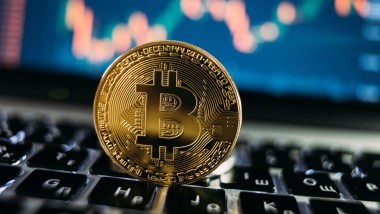Just 137 crypto miners use 2.3% of total U.S. power — government now requiring commercial miners to report energy consumption

Welcome to Incremental Social! Learn more about this project here!
Check out lemmyverse to find more communities to join from here!